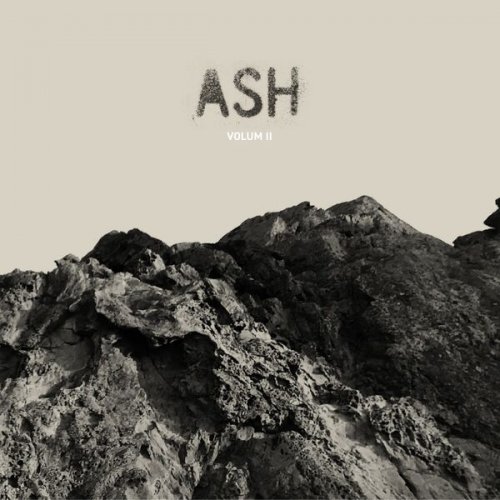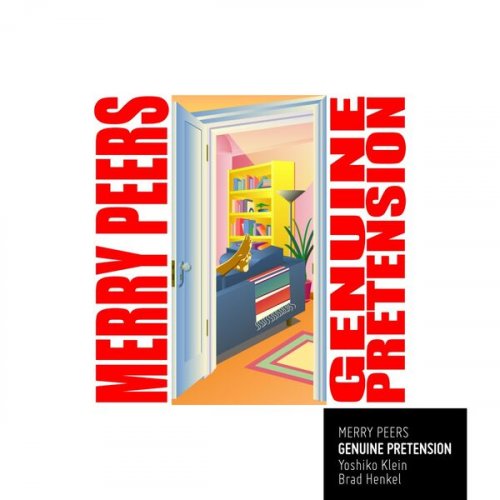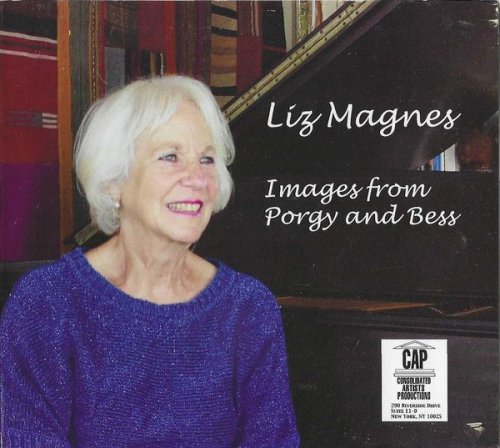John Kay - Heretics & Privateers (2004)
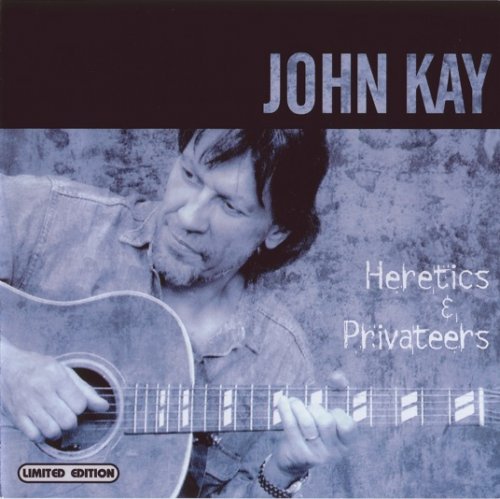
Artist: John Kay
Title: Heretics & Privateers
Year Of Release: 2004
Label: Limited Edition
Genre: Southern Rock, Blues Rock, Acoustic
Quality: Mp3 320 / Flac (image, .cue, log)
Total Time: 01:05:08
Total Size: 166/453 Mb (scans)
WebSite: Album Preview
Title: Heretics & Privateers
Year Of Release: 2004
Label: Limited Edition
Genre: Southern Rock, Blues Rock, Acoustic
Quality: Mp3 320 / Flac (image, .cue, log)
Total Time: 01:05:08
Total Size: 166/453 Mb (scans)
WebSite: Album Preview
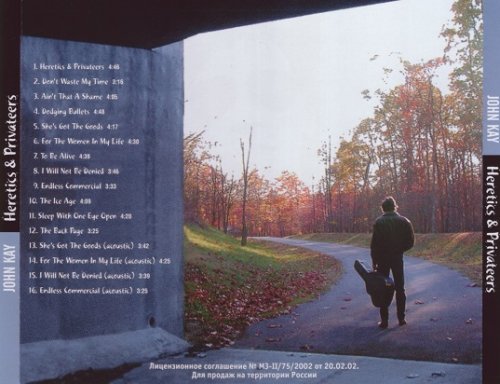
Tracklist:
01. Heretics & Privateers
02. Don't Waste My Time
03. Ain't That A Shame
04. Dodging Bullets
05. She's Got The Goods
06. For The Women In My Life
07. To Be Alive
08. I Will Not Be Denied
09. Endless Commercial
10. The Ice Age
11. Sleep With One Eye Open
12. The Back Page
13. She's Got The Goods (acoustic)
14. For The Women In My Life (acoustic)
15. I Will Not Be Denied (acoustic)
16. Endless Commercial (acoustic)
Line-up:
Acoustic Guitar – John Kay
Bass – Glenn Worf
Bass Guitar – Lex Price
Drums – David Posey, John Gardner, Ron Hurst
Electric Guitar – Danny Johnson, John Kay, Larry Byrom, Steve Cropper
Harp – Jimmy Hall, Mike Henderson
Mandolin – Lex Price
Mastered By – Glen Meadows
Organ – Michael Wilk
Piano – John Jarvis, Mike Utley
Slide Guitar – Mike Henderson
Upright bass – Glenn Worf
John Kay is the stage name of Joachim Krauledat (born 12 April 1944, Tilsit, East Prussia, Germany, now Sovetsk, Kaliningrad Oblast, Russia) a German-born Canadian singer, songwriter and guitarist known as the front man of Steppenwolf.
In the Evacuation of East Prussia in early 1945, in harsh winter conditions, his mother first had to flee with the baby boy from the advancing Soviet troops. In 1948, the two also fled from Arnstadt in the East German Soviet occupation zone to resettle in Hanover, West Germany (as recounted in his song "Renegade" on the album Steppenwolf Seven). Located in the British occupation zone, teen aged Joachim, suffering from eyesight problems, listened to music broadcast by the British Forces Broadcasting Service before his family moved to Canada in 1958.
In 1965, he joined a blues rock and folk music group named The Sparrows (later known as The Sparrow), which had moderate success in Canada before moving to California, augmenting its line-up and changing its name to Steppenwolf in 1967. With music that pioneered hard rock and heavy metal, Steppenwolf had international success with songs such as "Born to Be Wild", "Magic Carpet Ride", "Monster", "The Pusher", and "Rock Me". This was multiplied by the use of "Born to Be Wild" and "The Pusher" in the 1969 movie Easy Rider.
He recorded both as a solo artist and with Steppenwolf during the late 1970s. As of 2017, John Kay continues to perform with Steppenwolf.
In the Evacuation of East Prussia in early 1945, in harsh winter conditions, his mother first had to flee with the baby boy from the advancing Soviet troops. In 1948, the two also fled from Arnstadt in the East German Soviet occupation zone to resettle in Hanover, West Germany (as recounted in his song "Renegade" on the album Steppenwolf Seven). Located in the British occupation zone, teen aged Joachim, suffering from eyesight problems, listened to music broadcast by the British Forces Broadcasting Service before his family moved to Canada in 1958.
In 1965, he joined a blues rock and folk music group named The Sparrows (later known as The Sparrow), which had moderate success in Canada before moving to California, augmenting its line-up and changing its name to Steppenwolf in 1967. With music that pioneered hard rock and heavy metal, Steppenwolf had international success with songs such as "Born to Be Wild", "Magic Carpet Ride", "Monster", "The Pusher", and "Rock Me". This was multiplied by the use of "Born to Be Wild" and "The Pusher" in the 1969 movie Easy Rider.
He recorded both as a solo artist and with Steppenwolf during the late 1970s. As of 2017, John Kay continues to perform with Steppenwolf.
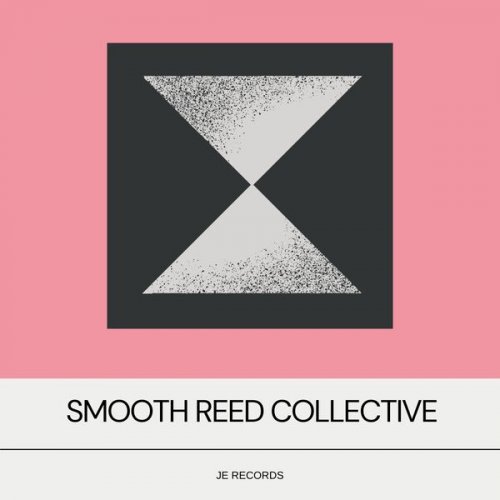
![Tim Kliphuis, Maya Fridman, Marc van Roon - Kosmos (2025) [Hi-Res] Tim Kliphuis, Maya Fridman, Marc van Roon - Kosmos (2025) [Hi-Res]](https://www.dibpic.com/uploads/posts/2025-12/1765893448_folder.jpg)
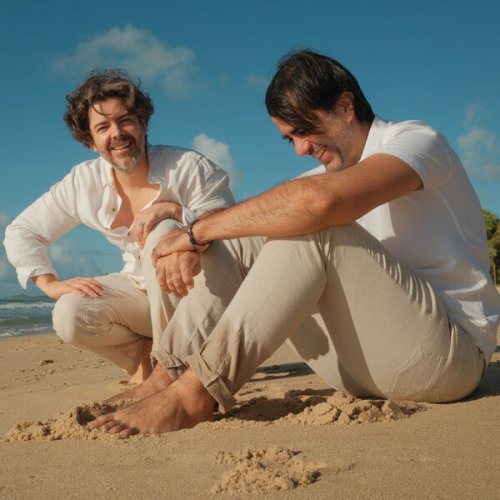

![Travis Jenkins Piano Trio - Jazz in Meanjin 020 (Live at JMI) (2025) [Hi-Res] Travis Jenkins Piano Trio - Jazz in Meanjin 020 (Live at JMI) (2025) [Hi-Res]](https://www.dibpic.com/uploads/posts/2025-12/1765862611_a2068783921_10.jpg)

